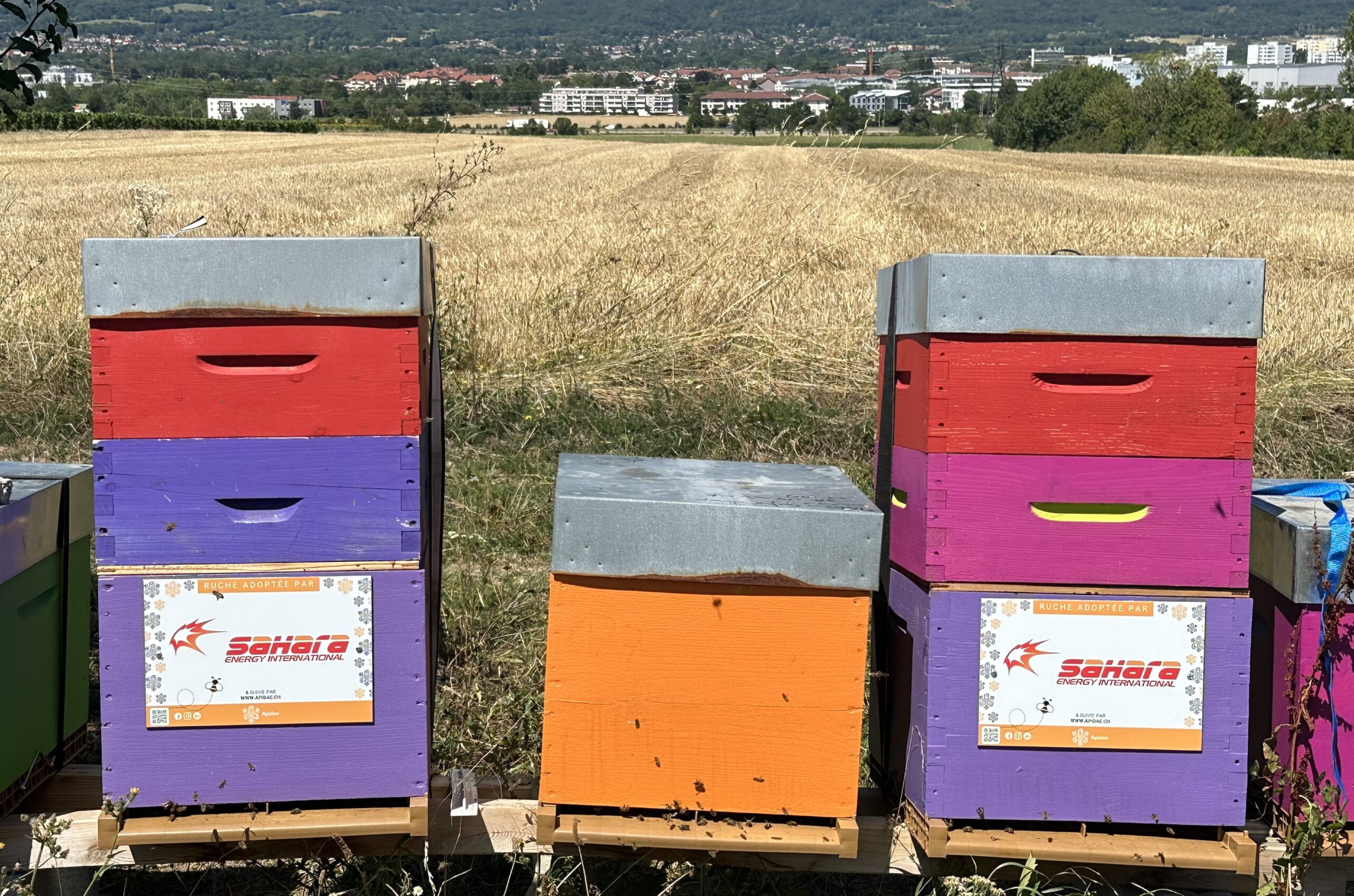
Sahara Energy Geneva Adopts Beehives To Boost Sustainability
Mohammed Shosanya Sahara Energy International, Geneva is working with APIDAE on bee conservation to support efforts geared towards promoting biodiversity and sustainability across the globe. Sahara Energy Geneva is a subsidiary of









